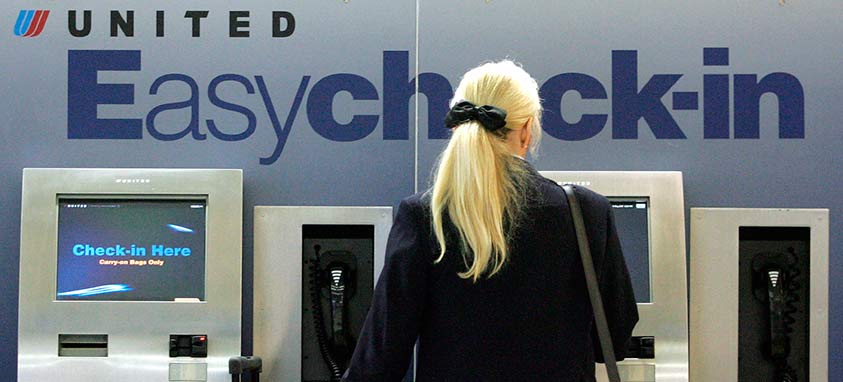United Airlines reportedly plans to introduce no-frills fares in 2016, according to FlightGlobal, and American Airlines is exploring the possibility of following suit.
Low-cost carriers such as Spirit and Frontier Airlines are known for offering the economy airfares—which basically include only a seat. Delta Airlines introduced a basic economy fare in 2012 to compete against ultra-low-cost carriers. It does not provide advance seat assignments, free checked bags or corporate recognition benefits, and passengers purchasing this “E” fare class board the plane last, limiting access to overhead bins.
In October 2014, the airline introduced changes that eliminated almost everything but the seat, seat belt and snacks. The low-budget tickets do not permit complimentary and paid upgrades, the ability to purchase priority boarding, and same-day confirmed and standby flights.
Currently, even the most basic economy fares on United and American allow for complimentary upgrades and free checked bags for elite passengers. Taking away those perks could be a risky move for United, which has experienced a rough operational year, and American, which has been the target of public outcry due to possible higher fares resulting from its merger with US Airways.
The routes on which the basic economy fares would be implemented have not been determined, but most likely United and American, like Delta, would offer the fares only on routes that compare with the low-cost carriers. This could initially benefit many domestic passengers wanting simply an airline seat, but raises concerns about the fate of low-cost carriers in Denver, Detroit, Fort Lauderdale and other LCC strongholds.
Spirit offers just 28 inches of seat pitch—the distance from any point on a seat to the exact same point on the seat in front or behind it. It’s the least amount of space of U.S. domestic carriers. Delta, United and American can’t realistically reconfigure aircraft to match this, but the reduction in services could give them a competitive edge.




